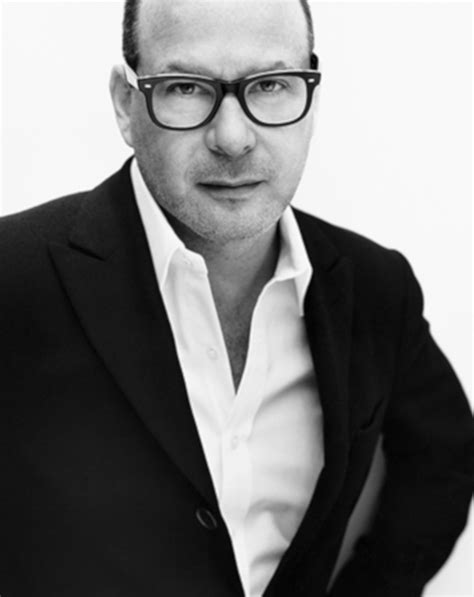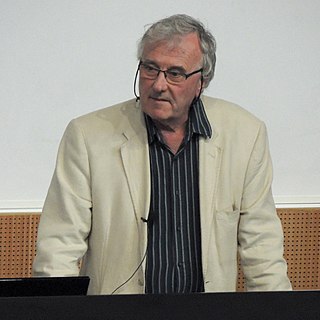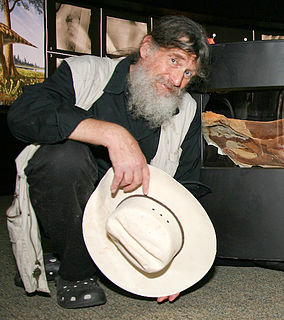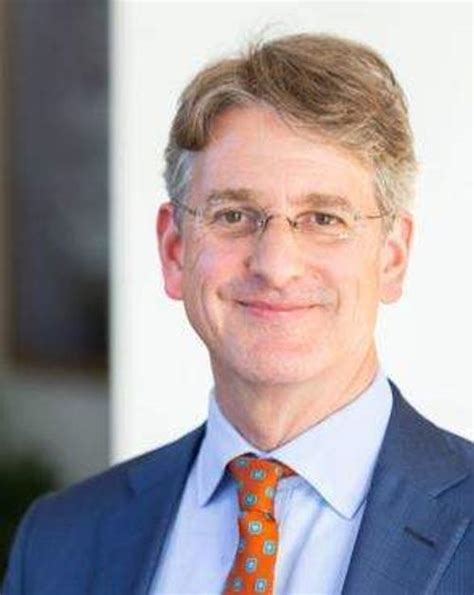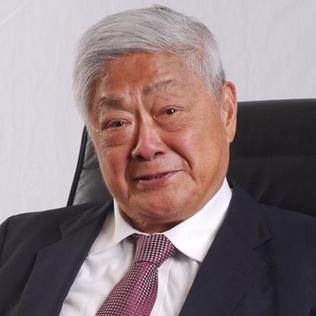A Quote by Tony Randall
Related Quotes
The great proliferation of museums in the nineteenth century was a product of the marriage of the exhibition as a way of awakening intelligent interest in the visitor with the growth of collections that was associated with empire and middle-class affluence. Attendance at museums was as much associated with moral improvement as with explanation of the human or natural world.


